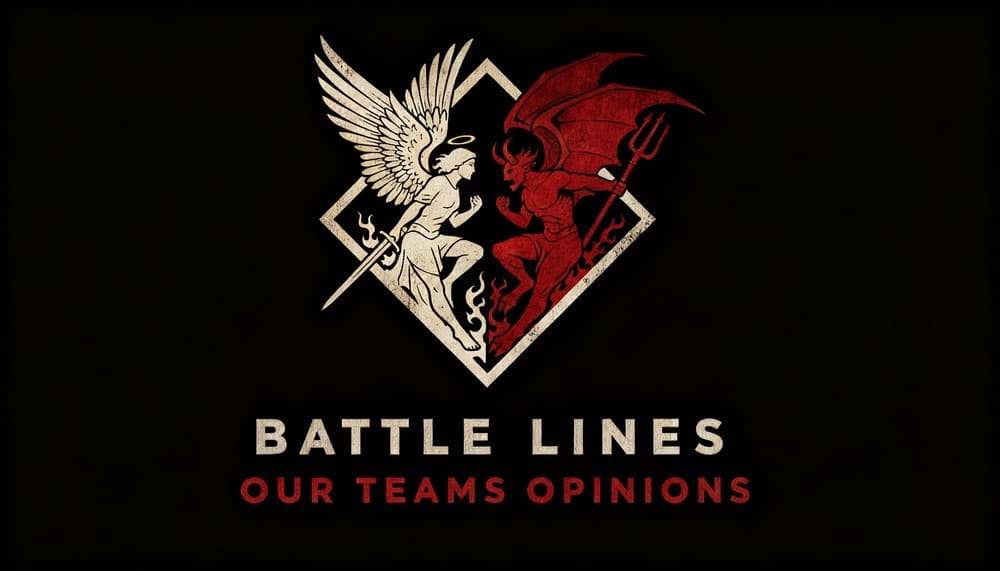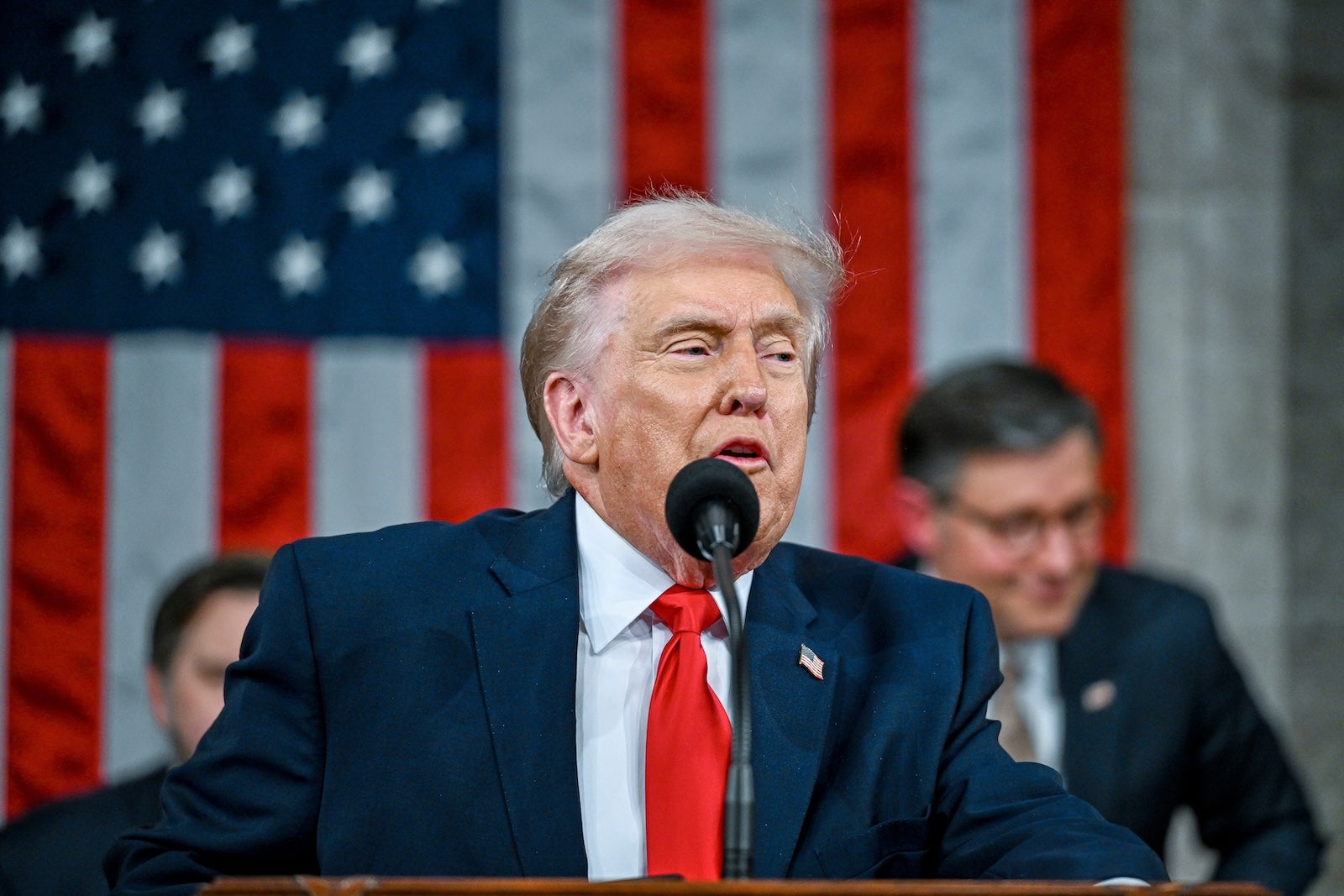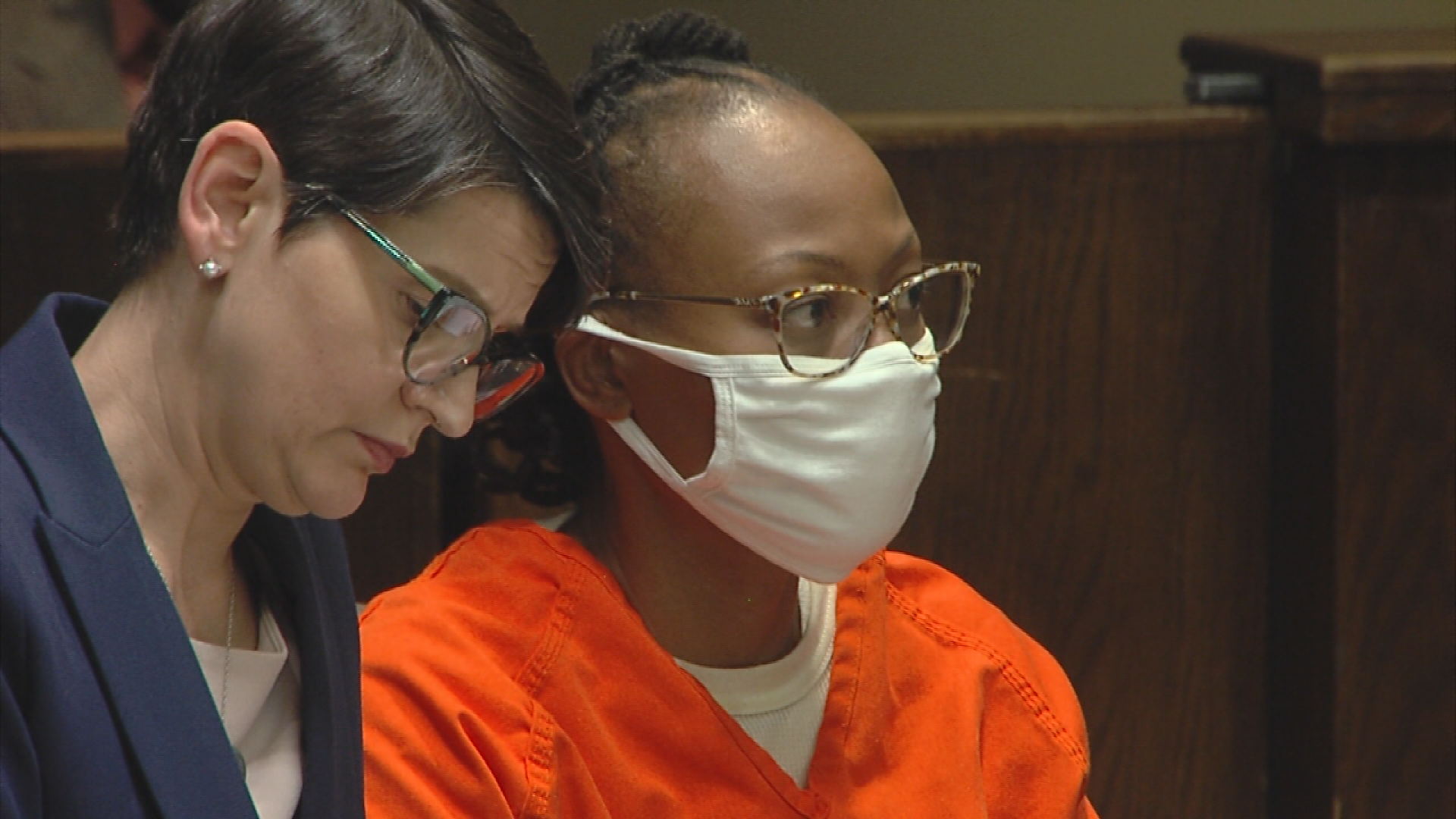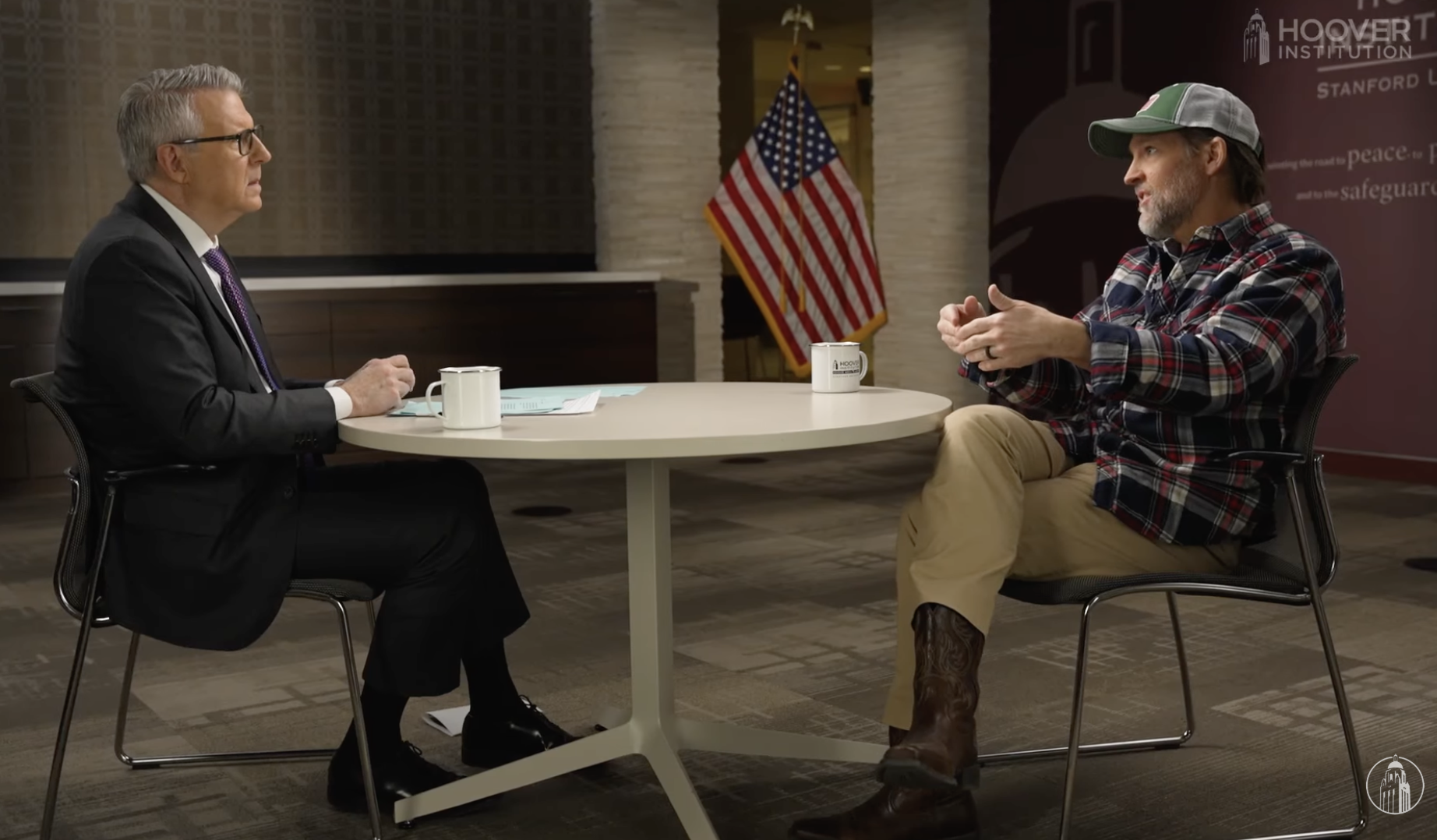"Over Our Dead Bodies": Thousands of South African Christians March Against Government Control of Churches

Pretoria, South Africa - Thousands of Christians marched to the Union Buildings in Pretoria on October 9, 2025, protesting the Commission for the Promotion and Protection of the Rights of Cultural, Religious and Linguistic Communities' (CRL Rights Commission) newly formed Section 22 Committee, which religious leaders say is an unconstitutional attempt to establish government control over churches.
The Section 22 Committee was launched at Rhema Bible Church on October 2, 2025. Chaired by Professor Musa Xulu, the committee is tasked with developing a "self-regulatory" framework and code of conduct for churches that will be presented to Parliament for potential legislation.

CRL deputy chairperson Prince George Mahlangu stated the committee "is expected to play a key role in pushing for legislative changes to enforce oversight" of religious leaders.
In July 2025, Parliament's Speaker formally confirmed the 2018 COGTA Report "lapsed at the end of the 2018 Parliament and was never revived," meaning it has no binding legal effect and the CRL has no mandate to implement it.
Despite this, the CRL has moved forward with the Section 22 Committee.
Critics warn the proposed system would require every pastor to apply to a peer review committee, approved by the CRL, for permission to minister.
Reverend Mbavhalelo V. Netshitangani of Trumpet City Ministries told the crowd:
"If you have a big chair in government, it does not give you authority over the Kingdom of God. There is one King in the Kingdom. There is one high priest in the Kingdom, and his name is Jesus. This Section 22 committee is a bogus committee."

Freedom of Religion South Africa (FOR SA) Executive Director Michael Swain described the CRL's plans as a "serious and existential threat" to religious freedom. He argued that granting the state power to decide who qualifies as a religious leader undermines core democratic principles.
Swain pointed to examples in Rwanda, Angola, Namibia, Uganda, and Kenya, where state regulation has led to sweeping restrictions on religious practice.
"The real issue is the lack of enforcement of existing laws," Swain said. "If a person, pastor, politician, or police officer commits a crime, they must face the full force of the law. We already have the laws; what's lacking is enforcement."
The Apostolic Faith Mission (AFM) of South Africa stated in its official response:
"The CRL's proposal to create a so-called 'self-regulatory system' in which it would act as the final authority is not acceptable. This system would, in practice, give the State the power to decide what qualifies as a religion, who is recognised as a religious leader, and even what places may be used for worship."
Former EFF member Floyd Shivambu, whose Afrika Mayibuye Movement supported the march, called the Section 22 committee a "deeply troubling" attempt to regulate religion.
He noted Parliament had previously rejected similar proposals, opting instead for voluntary self-regulation.
"South Africa's problem is not a lack of laws, but a failure to enforce existing ones. Abuse, fraud, and exploitation within faith institutions can and must be dealt with through the current legal system, not through unconstitutional state regulation."
Controversy has also surrounded CRL chairperson Mkhwanazi-Xaluva, who was reappointed by President Ramaphosa in December 2024 for another five years. A 2018 interview resurfaced on social media showing Mkhwanazi-Xaluva saying: "If someone says God was talking to me, tell them to go to the psychiatric ward."
The South African Council for the Protection and Promotion of Religious Rights and Freedoms (SACRRF) already developed a Code of Conduct for Religion in South Africa, grounded in the South African Charter of Religious Rights and Freedoms, which was adopted by over 20 million people across the faith spectrum. It provides a voluntary framework of accountability by and for religious communities themselves.
Over 30,000 South Africans have submitted objections through Dear South Africa, a non-governmental organization, stating the CRL's proposal threatens freedom of religion and violates the Constitution, which guarantees freedom of conscience, religion, thought, belief and opinion, and recognizes the freedom of religious communities to govern themselves.

THE CRUSADER'S OPINION
South Africa wants pastors to get government permission to preach. Let that reality settle in your spirit.
The CRL Rights Commission, led by a woman who told believers hearing God's voice to check into psychiatric wards, is pushing Parliament to license churches. Under this scheme, every pastor must apply to a state-approved committee for permission to minister. No approval? No pulpit. This is not accountability. This is control.
Yes, some pastors have committed heinous abuses. Prosecute them under existing laws for fraud, assault, and sexual abuse. South Africa already has these laws. The problem is not missing legislation but missing enforcement. Adding another bureaucratic layer solves nothing except expanding government power over the Church.
The playbook is familiar: Rwanda, Angola, Uganda, Kenya all started with "accountability measures" and ended with shuttered churches and arrested pastors. When government decides who can preach and where people can worship, religious freedom dies. The thousands who marched understand what's at stake. Will the rest of the global Church wake up before it's too late?
TAKE ACTION
Support South African Religious Freedom:
- Freedom of Religion South Africa (FOR SA): https://www.forsa.org.za/crl-regulation-of-religion
- Email: admin@forsa.org.za
Submit Your Objection:
- Dear South Africa: https://dearsouthafrica.co.za
- Add your voice to 30,000+ objections
South African Church Contact:
- Evangelical Alliance of South Africa: https://teasa.org.za
- Email: info@teasa.org.za





